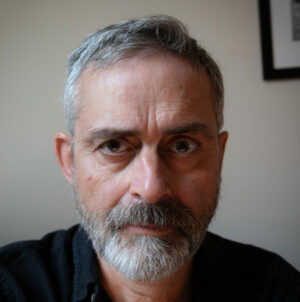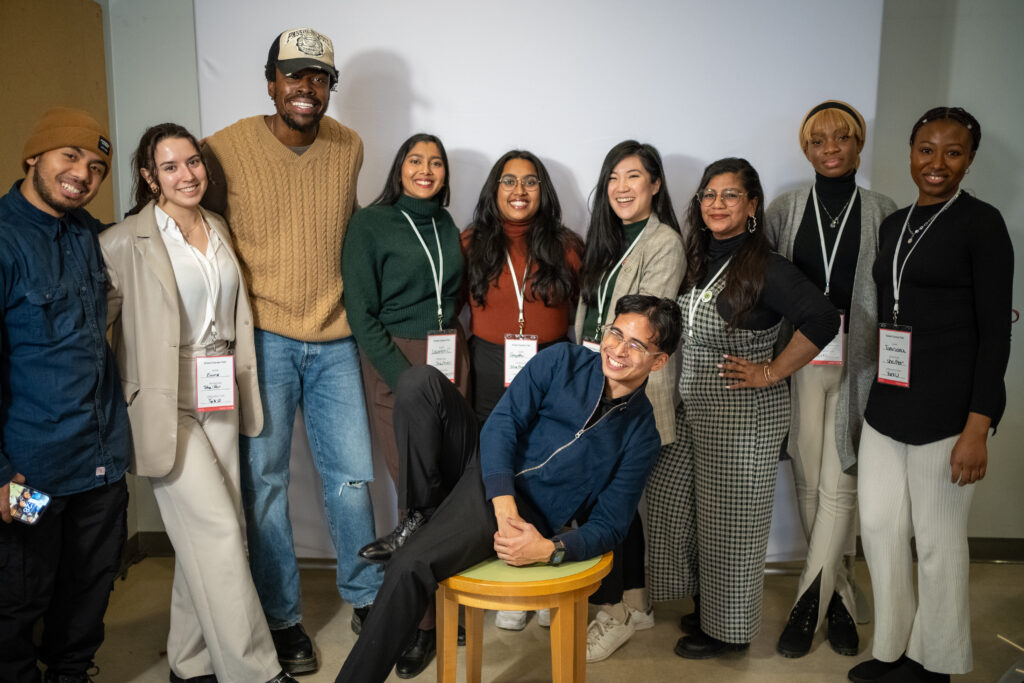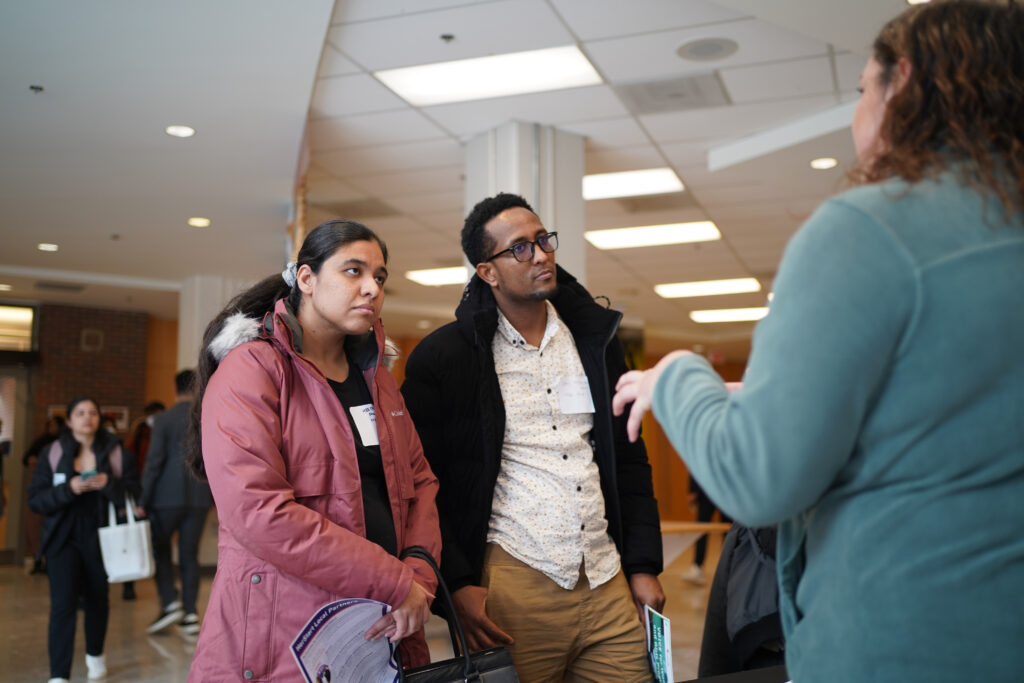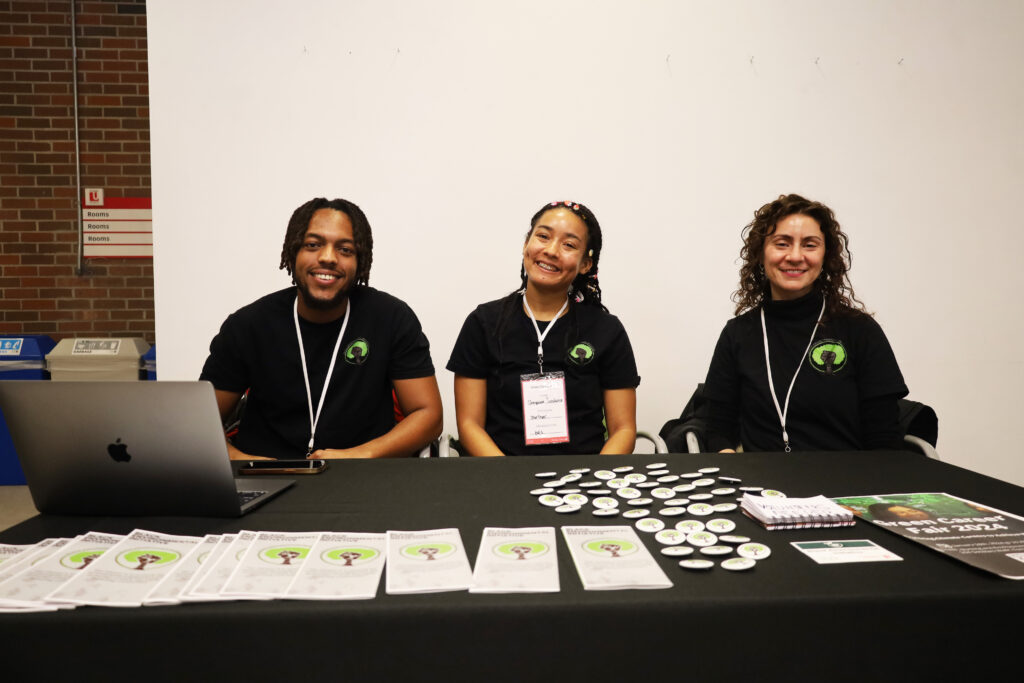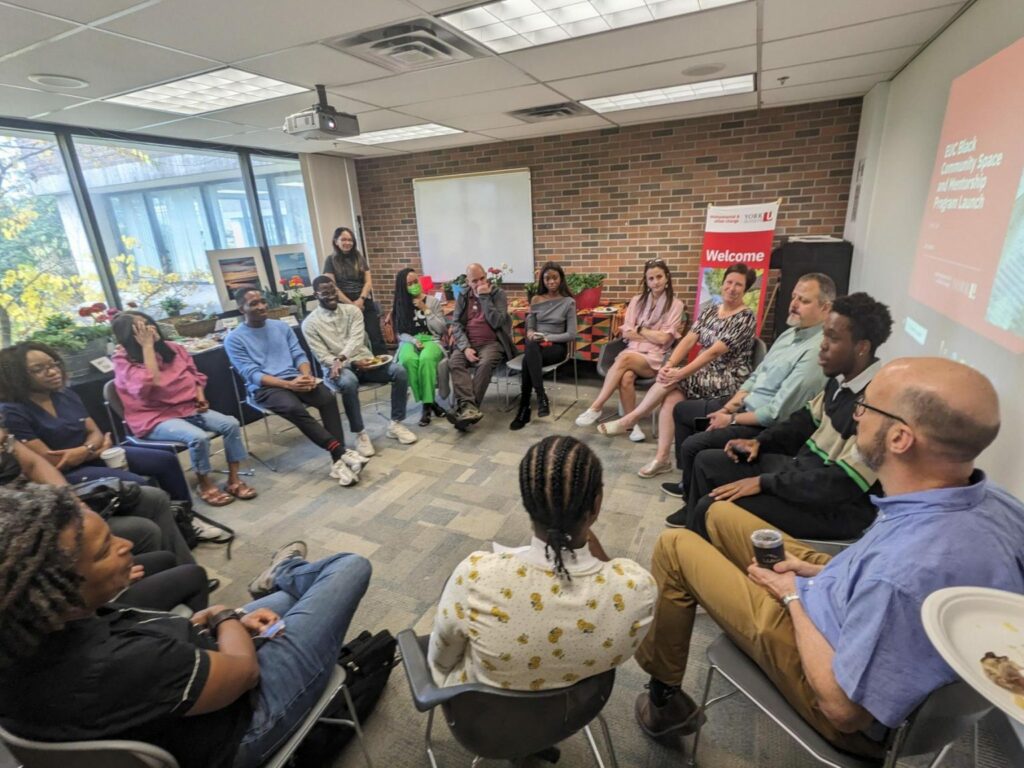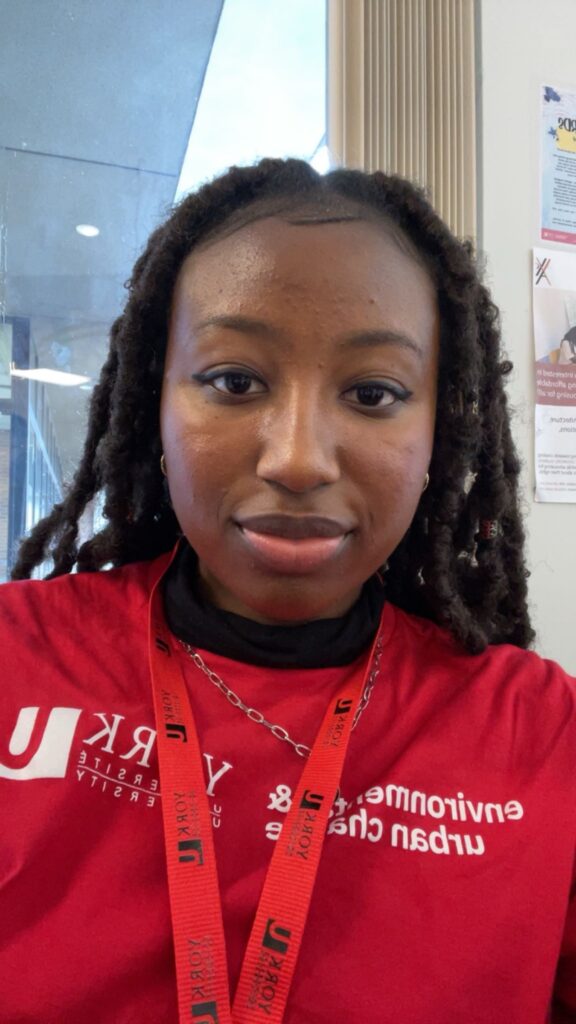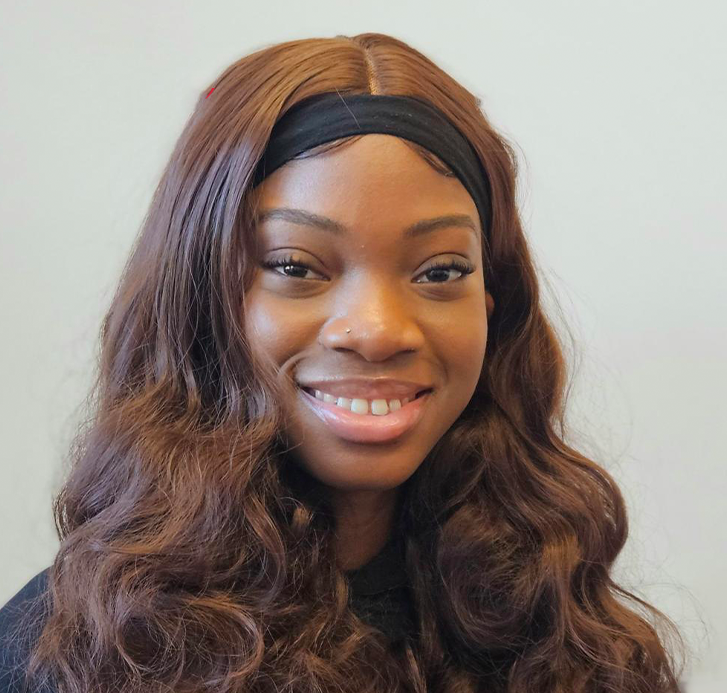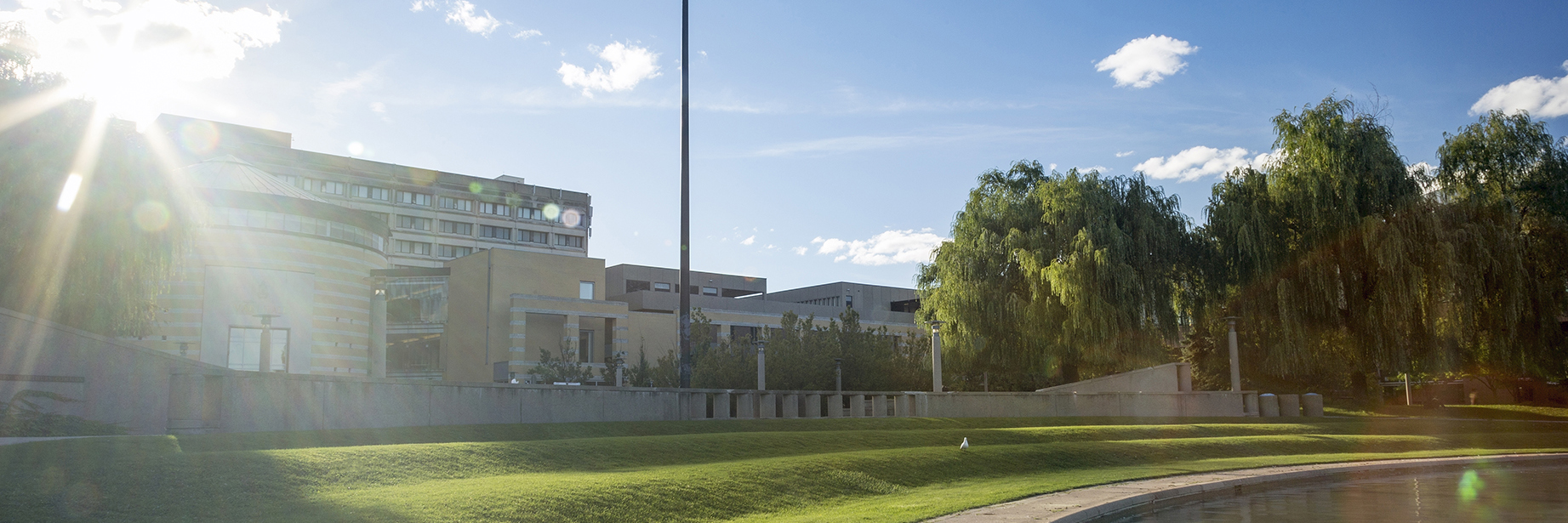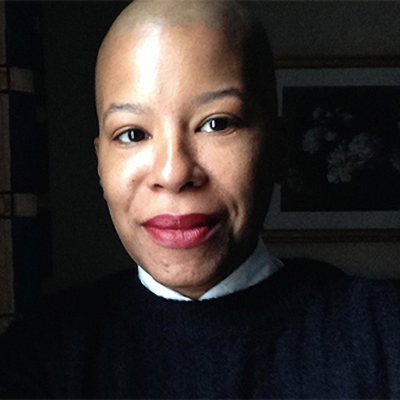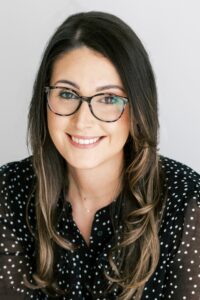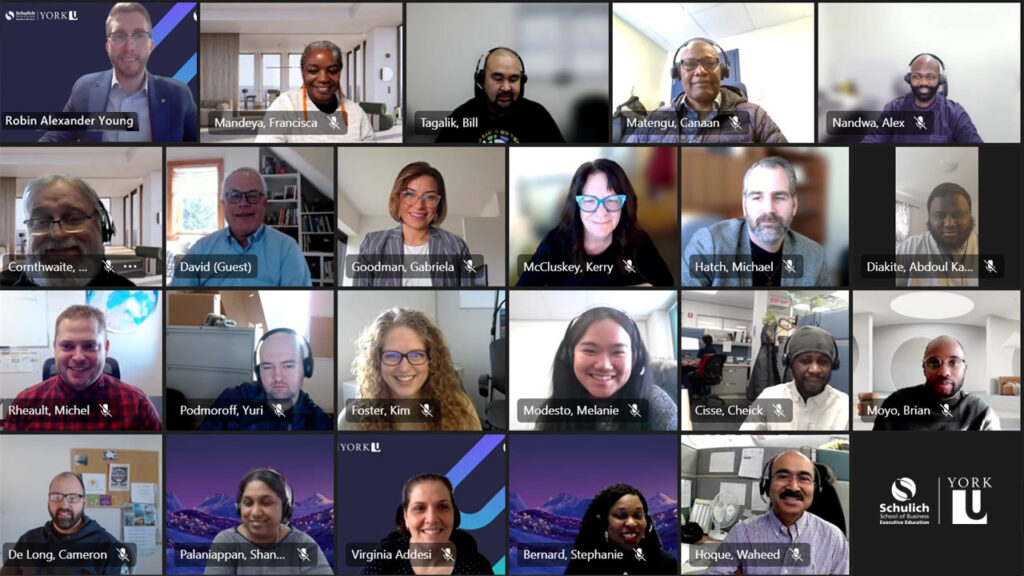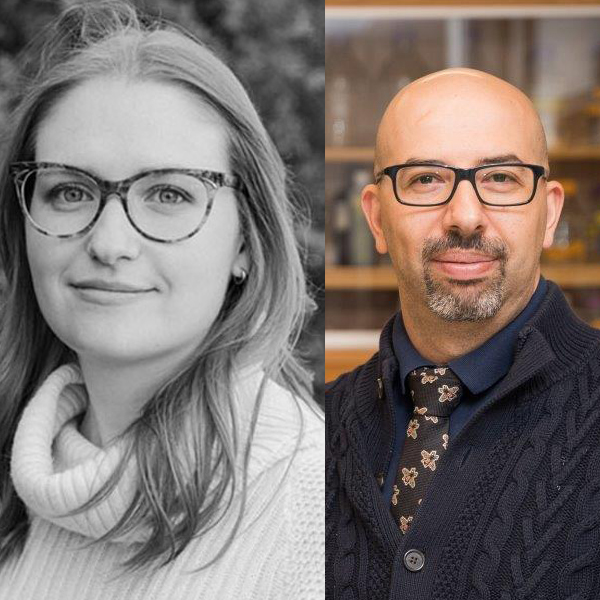Living in the Greater Toronto Area, it’s not complicated for students in the Cities, Regions, Planning program at the Faculty of Environmental & Urban Change (EUC) to assess Toronto’s strengths and weakness, but an annual field trip to Montreal allows them to apply their analytical skills elsewhere.
For five years, Teresa Abbruzzese, an assistant professor and urban geographer, organized a field school – a short-term academic program consisting of mentored field research – in the fall for third-year Urban Studies students in her research methods course in the Department of Social Science in the Faculty of Liberal Arts & Professional Studies.
She was excited to bring this experiential learning opportunity to her new home in the Cities, Regions, Planning program for her third-year course, Doing Urban Research: Theory & Practice, for the Fall 2024 term.
The initiative gives students a chance to experience another city, using participant observation while taking notes and photos and having conversations with local citizens. The trip is mandatory and the costs are low, but there is a day trip to Hamilton, Ont., for a cheaper alternative.
“The trip enables our students see the historical and contemporary issues facing Montreal and to develop a comparative understanding of cities,” said Abbruzzese. “It’s also important to give them the opportunity to do preliminary fieldwork.”
“The point of the trip is to prepare them to work on their own individualized research project,” she said. “It trains them to be social scientists and allows them to hone their academic skills, such as critical analysis, research and writing.”
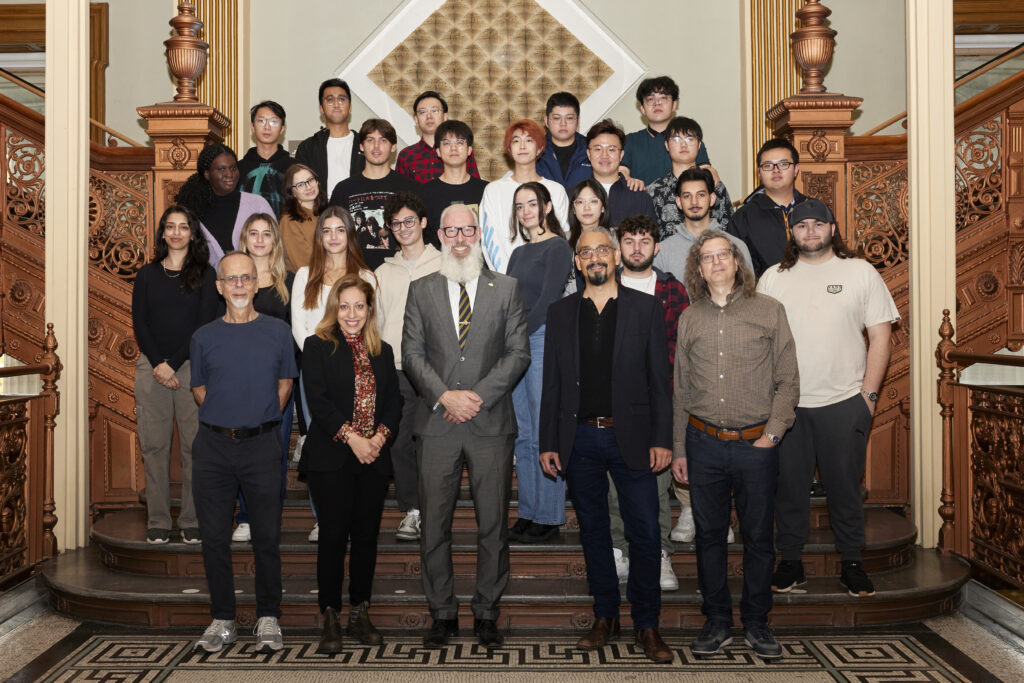
The Montreal field school emerged from a political moment in history when Donald Trump assumed the American presidency in 2017. Abbruzzese and her colleagues in Urban Studies at the time decided to halt the field school to Buffalo – the original international location of the field school for many years – and instead they chose Montreal as the setting.
Once the Canadian city was decided, Abbruzzese thoroughly enjoyed the creative process of putting together a new field school.
“Logistically, it’s never easy to execute, but I strive to enhance the field school experience each year,” she said. “All the guest speakers make this field school special and welcome our urban group from York University back each year.”
She, her students, and other professors boarded a Megabus for the ride east and followed a packed itinerary that included historian/expert-led walking tours of neighbourhoods such as Saint-Henri, Montreal North, Little Burgundy and Mile End; a visit with City Councillor Sterling Hall – who has experienced homelessness – and a tour of City Hall; and talks by professors from Concordia University.
The students packed a lot into the trip, getting a sense of the richness and diversity of Montreal. They saw poverty and affluence, arts and industry. They gained an understanding of some of the city’s challenges with issues such as housing, transportation, socioeconomic disparities, public spaces and heritage as well as the French-English divide, said Abbruzzese.
“All of this sparks comparative analysis in their heads and they begin to ask a lot of questions,” she said. “They’ll use all of this to create a manuscript – a fieldwork diary organized around themes. They’ll organize, reflect, and analyze their empirical notes and contextualize their observations with broader scholarly conversations in Urban Studies.”
Just as important, noted Abbruzzese, is that the trip serves to transform the class from individual students into a community.
“It is a tradition for professors from the program to join this field school, so that students have an opportunity to get to know the other professors in the program, and professors get to know the students,” she said. “Professor Doug Young from the Urban Studies program has joined me on this field school from Buffalo to Montreal for the last eight years. Students have always appreciated sharing this experience with other professors from the program, which made the experience more memorable.”
“In addition, students become a support network for each other and become more connected after this field school,” she said. “They’re all friends afterward.”
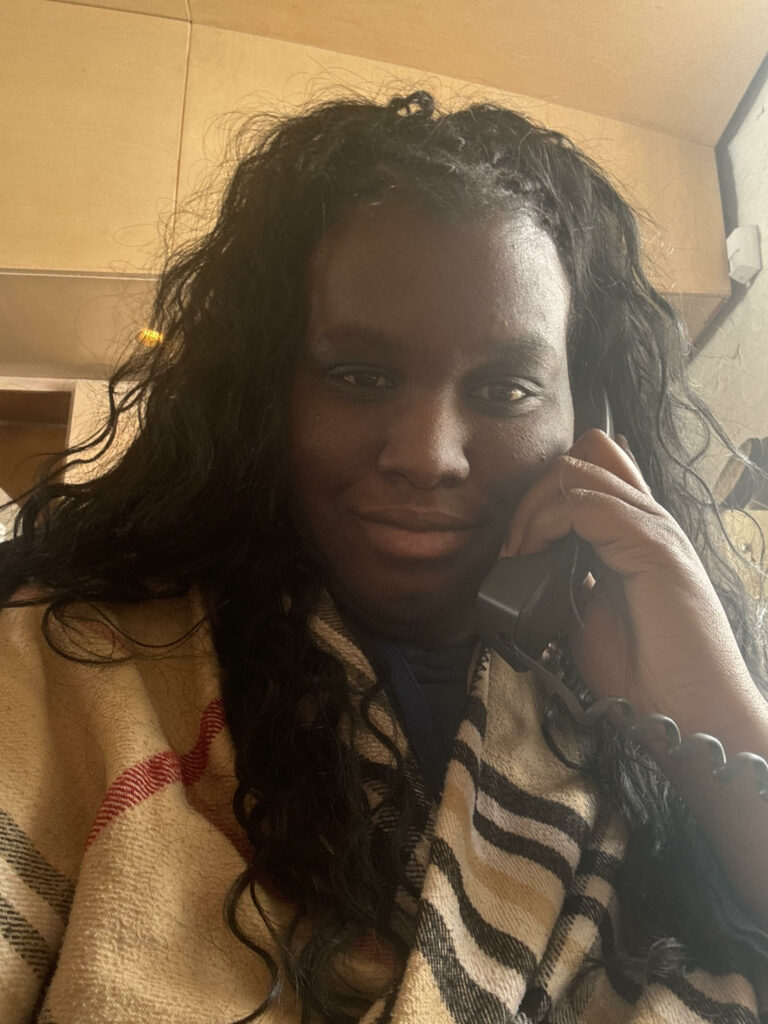
Vanessa Reynolds, a third-year geography and urban studies major, confirms that. “This was a group that hadn’t talked to each other in class, but we all bonded and, now, we’re really friends,” she said. “It was such a great experience; I’d recommend that anyone do it.”
She found the trip eye-opening in many ways, and changed her perspectives.
“I’m so Toronto-centric, but seeing Montreal gave me deeper insights into how a city runs, and seeing different parts of the city that people often don’t was amazing,” Reynolds said. Furthermore, she added, “I want to travel more. It makes you want to see the world. It was an experience that made university different.”
Shazde Mir, a fourth-year urban studies major who plans to pursue a career in policy development or community planning, said Abbruzzese’s passion for Montreal made her glad she took the trip, as she got to know the city and gain insights into city planning.
“I saw a different perspective of what it means to be an equitable city,” Mir said. “You can’t treat people as less than.”
After visiting a working-class neighbourhood with prominent community initiatives that reminded her of Toronto’s Jane and Finch area, Mir wondered why cities have areas where a lack of investment from the government is visible.
“I’ve started looking into tours here in Toronto to get to know the history of the city’s development,” she said. “I want to go back to Montreal and I’d like to visit other cities to see how different governments went about developing them, what the priorities were.
“The trip solidified my love for Toronto. I want to see more progressive policies so we can create a more equitable city.”
Ultimately, said Abbruzzese, “our objective is to produce graduates who are informed, critically engaged, and sensitive to issues of sustainability, social justice, equity and diversity.”
Given the feedback, it is apparent she is meeting that goal.



